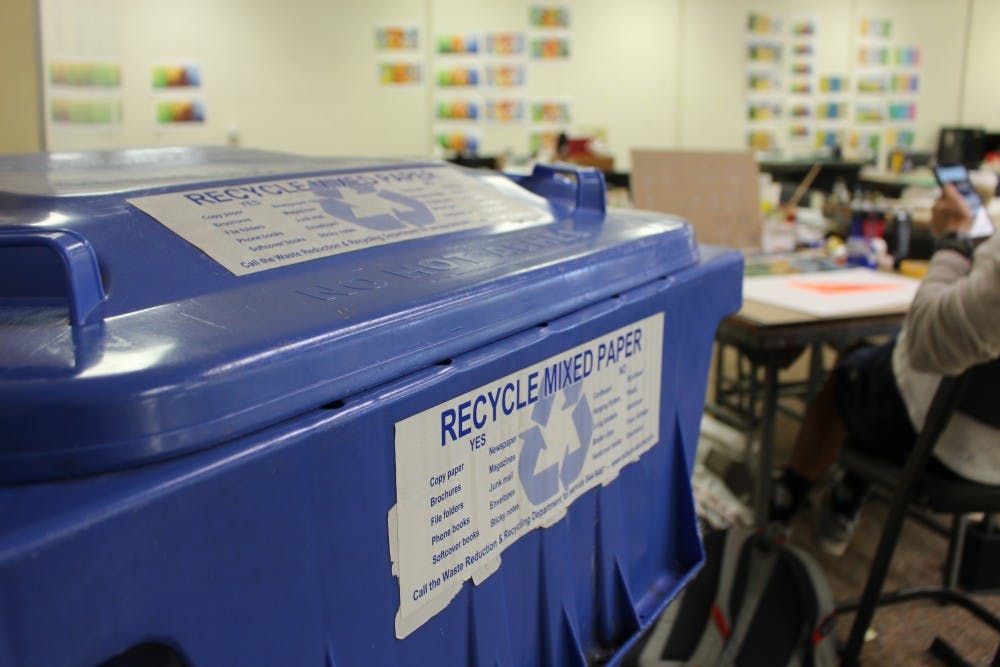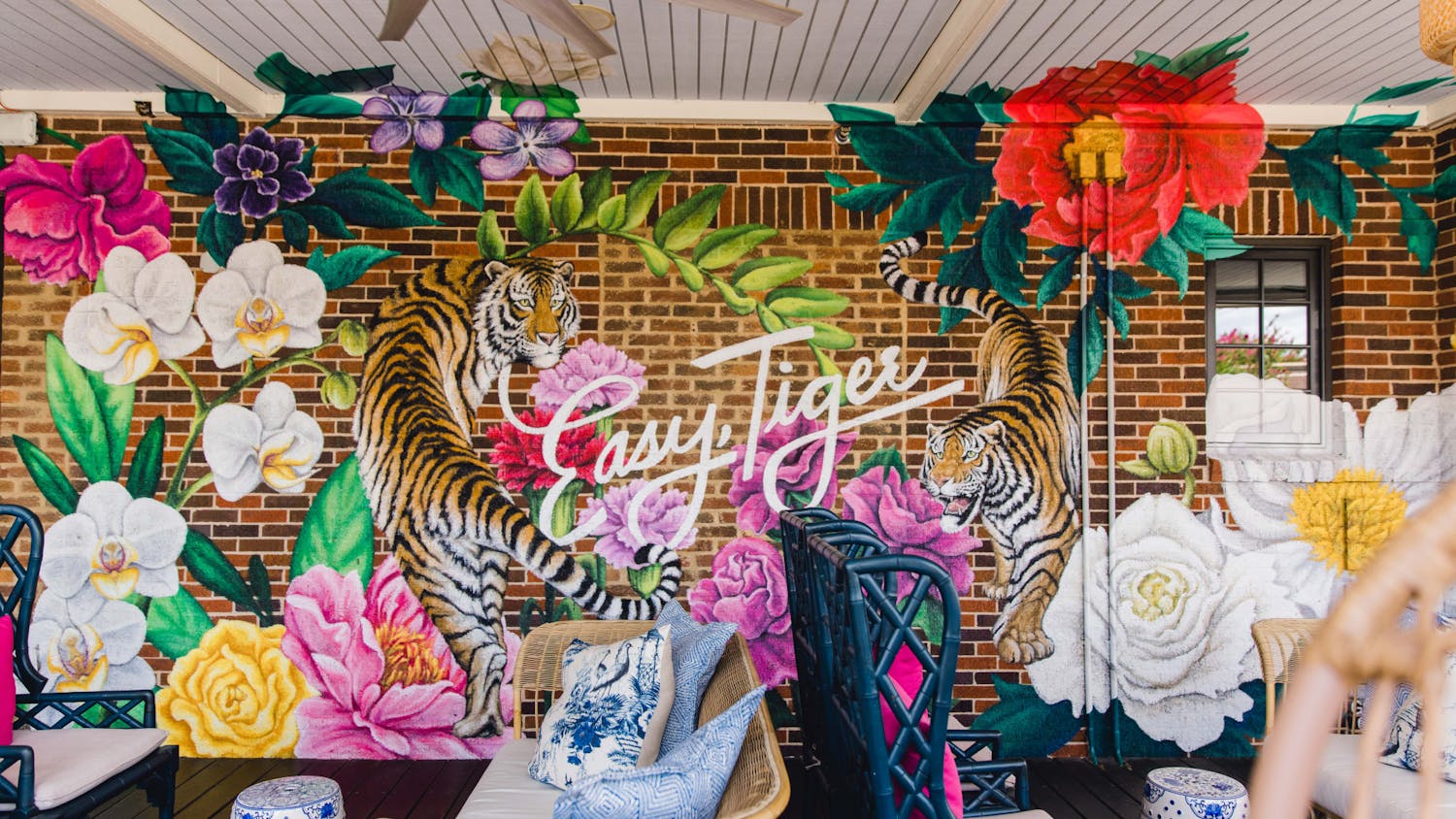Dirty, hippie, vegan — these are just a few of the stereotypes associated with living sustainably.
Dalton Nelson and Hayden Parrish, co-founders of the Environmental Action Committee at Auburn, aim to prove these stereotypes wrong and point the Auburn community toward a more environmentally conscious mindset.
Although living sustainably might seem like a large undertaking, Nelson and Parrish insist that even the smallest, seemingly insignificant actions can make the biggest impact.
Students interested in decreasing their carbon footprint at home can begin with the more obvious efforts, such as turning the lights off when leaving the room, recycling and taking shorter showers.
Nelson and Parrish also recommend using reusable drinking straws, biking or walking to class, bringing reusable utensils to restaurants that use plastic ones and buying second-hand clothes.
In addition to smaller, personal efforts to be more eco-friendly, students have many opportunities to be a part of on-campus communities that strive to make Auburn a more sustainable environment.
The Adopt-A-Spot program allows organizations at Auburn to assist in anti-litter efforts.
As a part of this program, organizations can adopt a spot that they wish to be responsible for.
The organization then allots times to go and clean up their space regularly in order to reduce the amount of litter on campus.
While the Environmental Action Committee was created for students with varying interests and passions, there is also a wide array of other, more niche environmentally conscious clubs, such as Auburn for Water and the Organic Gardening Club.
Organizations or friend groups can also create communities on Joulebug, an app that allows users to log their eco-friendly actions and compete in challenges.
For those who want to learn more about sustainability, Parrish recommended the documentaries “An Inconvenient Truth” and “Before the Flood.”
He also cited the Office of Sustainability website as a great place to get information about the environment relevant to Auburn.
Although the lifestyle changes students can make might seem insignificant or unimportant, Nelson believes that they will add up and make a difference.
“By 2040, there will be nine billion people on planet Earth, and the Earth is just not built for that yet,” Nelson said. “If we’re not making an impact now, then in the long run, I don’t think we’re going to be where we need to be.”
Do you like this story? The Plainsman doesn't accept money from tuition or student fees, and we don't charge a subscription fee. But you can donate to support The Plainsman.





